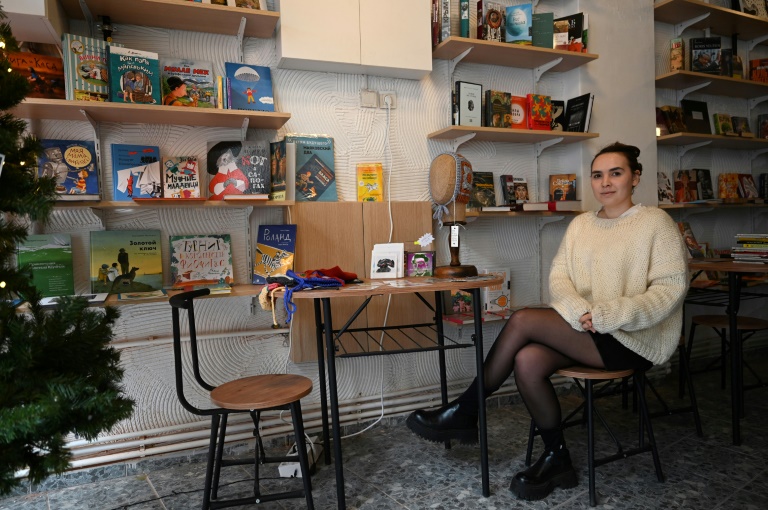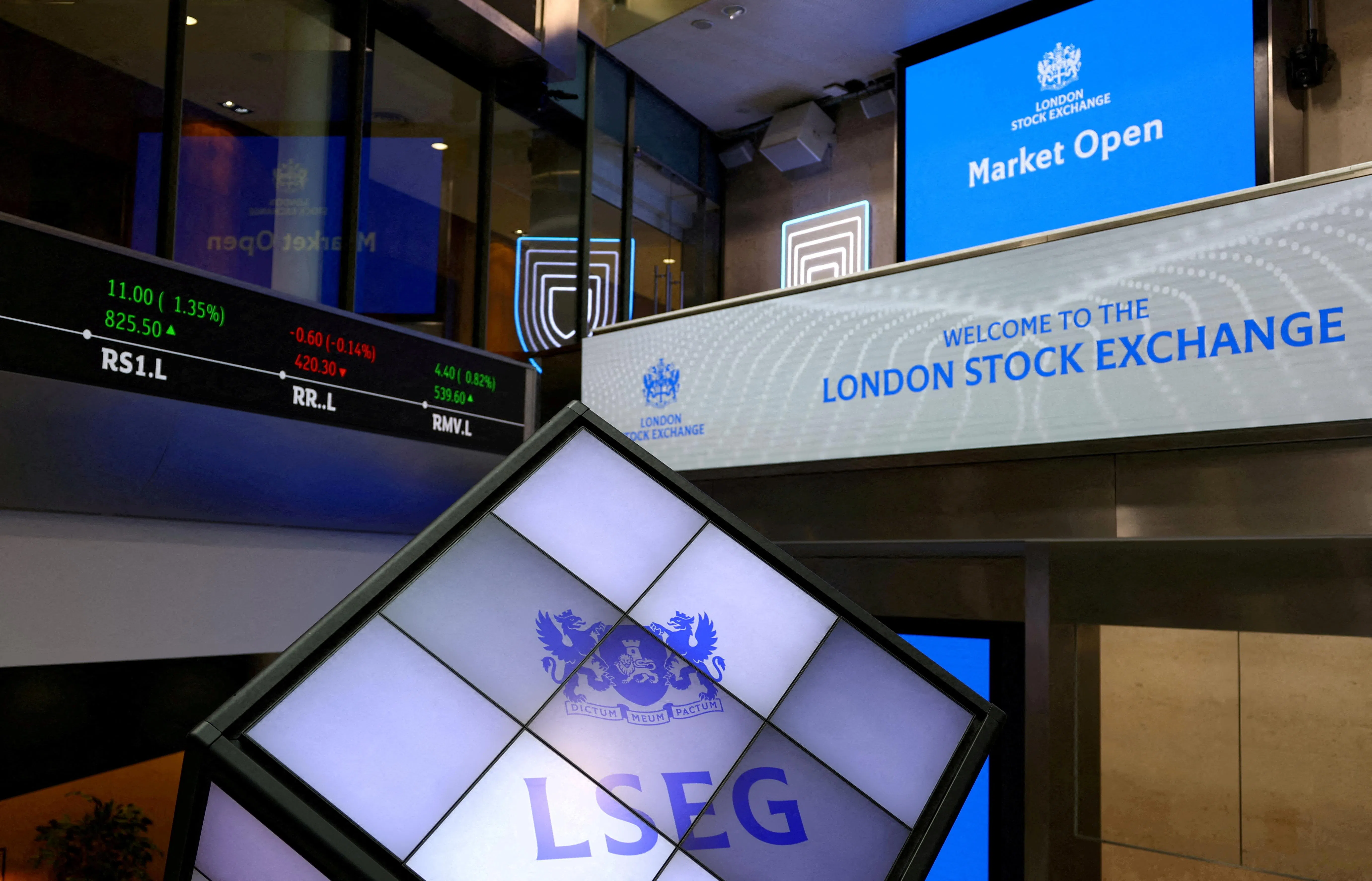[ad_1]

AFP
Saniya Galimova put her husband on the first flight out of Russia and then started to pack up her life.
Russian and Ukrainian novels lined the shelves of her brand-new Istanbul bookshop as the 29-year-old recounted the panicked moments she became an exile one year ago.
“Every day I think about whether I will be able to return,” she said at her “One and a Half Rooms” shop in a trendy district of Turkey’s imperial capital.
“But I cannot until this regime falls and the war ends.”
Up to a million Russians are believed to have done the same in response to President Vladimir Putin’s decision to invade Ukraine and confront the Western world.
They fled in waves that formed miniature Russian isles in ex-Soviet republics and tourist friendly countries such as Turkey.
They were overwhelmingly young and bright — people who wanted to make films and create art instead of dying in the muddy trenches of Ukraine, fighting a war they did not understand.
Galimova walked out of her Tatarstan-region apartment holding her 10-year-old in one hand and the cage with their dog in the other.
Her draft-age husband had already landed in Uzbekistan and would join them in Istanbul in the first weeks of March.
She felt an urgent need to save her daughter from the Russian war propaganda being drilled into school children back home.
“Children can no longer have their own opinions,” Galimova said. “If you express your opinion, you put yourself and your parents in danger.”
Galimova and her friends were retracing the footsteps of those who escaped the 1917 Bolshevik Revolution to what was then still known as Constantinople.
The Bosphorus Strait city has been a melting pot of cultures throughout its fabled history. The new arrivals are settling around tea rooms and bath houses once frequented by Orthodox Greeks and Armenians before them.
Russian rap concert posters pepper signposts and ads entice metro riders with offers of Aegean vacations and estate agents.
One of them is Inzhu Mami — a 25-year-old from Kazakhstan whose Russian skills made her indispensable to an estate agent based in an outlying area filled with new apartment towers and construction cranes.
“When they speak to someone who speaks their own language, it creates this spark,” Mami said with a bright smile.
The Russians opening their souls and wallets to Mami are mostly looking to invest in Istanbul’s hot property market.
Mami’s boss at the Golden Sign realtor said the share of Russians buying her properties has exploded from five percent before the war to 60 percent today.
“In general, they pay in cash,” agency co-founder Gul Gul said.
Official statistics show more than 150,000 Russians received Turkish residency permits last year.
Many are trying to recreate the world they left behind by opening up cafes and other hangouts such as Galimova’s bookshop.
Alexandra Nikashina spends much of her time working in a tattoo parlour tucked away in a hip port district.
“I love Russia,” the tattooed 29-year-old said. “But the idea of being there scares me.”
The Samara native moved to Moscow and spent years mingling with artists and other bohemian types who worried more about trends than global affairs.
“I am very far removed from politics,” Nikashina giggled.
But she still avoids talking about the war to her parents back home.
“Our views on it differ too much,” Nikashina said. “I have realised that the most important thing now is to preserve what I have — my family. There would be no point in getting into this fight.”
Her flatmate Igor Irbitsky agrees.
“I do not talk about politics with my friends back home,” said the 30-year-old graphic designer.
“But the Russians I meet here are, by definition, interesting people. I have this presumption of innocence towards the Russians here.”
Alexei Vyatkin has a more sombre view.
The 36-year-old video producer had expected to see vast crowds in his native Saint Petersburg protesting the first day of war on February 24 of last year.
Barely anyone showed up.
“I became disillusioned in people,” he said after watching Russia’s struggling protest movement wither.
A number of Vyatkin’s friends ended up being either indifferent to the invasion — or supporting it.
“It is difficult for me to talk to them now,” he said.
Vyatkin still tries to empathise with those who remain.
“People are so frightened that they are afraid to even think about the war,” he whispered with a shake of the head.
But the prospect of ever seeing his home again seems distant.
“I left one city, but the one I would be going back to is not the same,” he said. “The country has changed.”
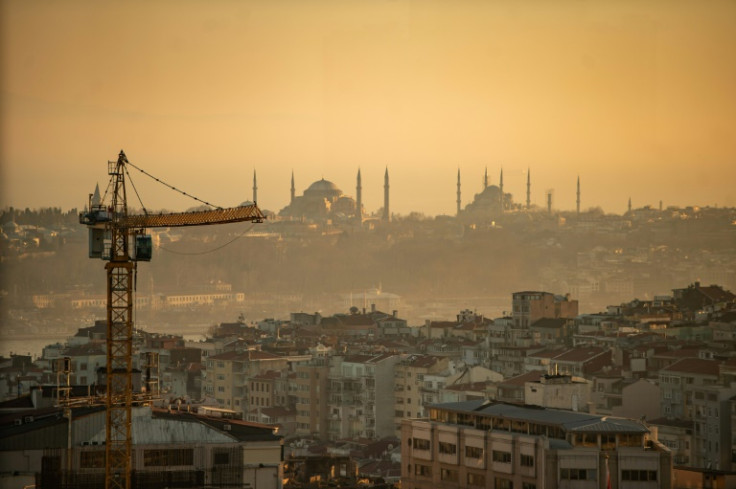
AFP
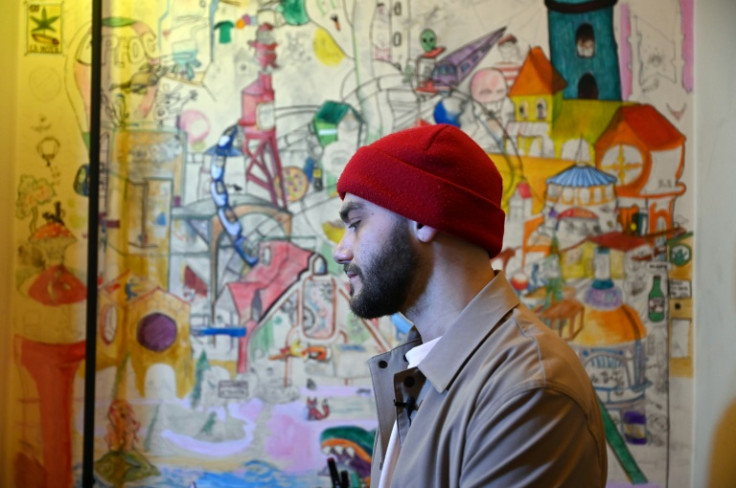
AFP
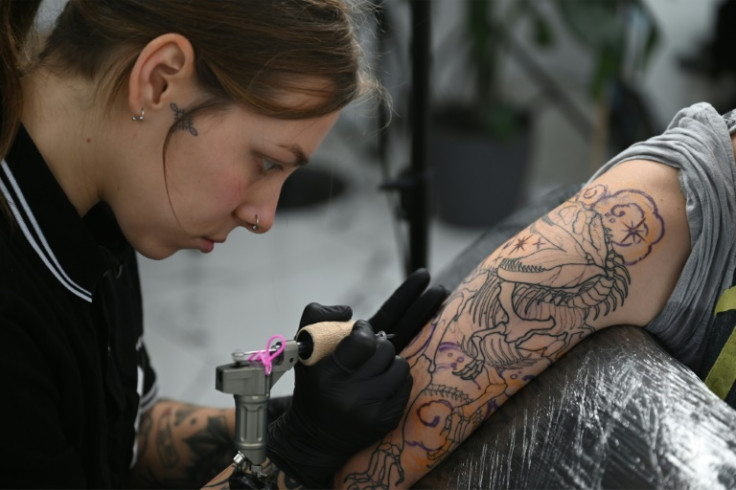
AFP
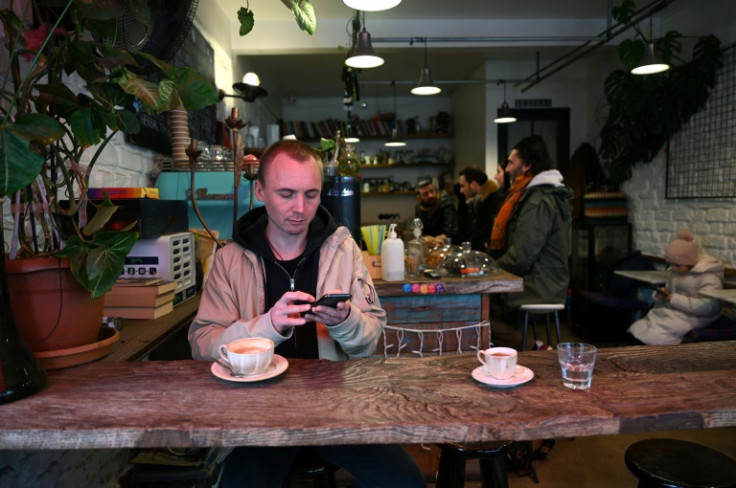
AFP
[ad_2]
Source link

